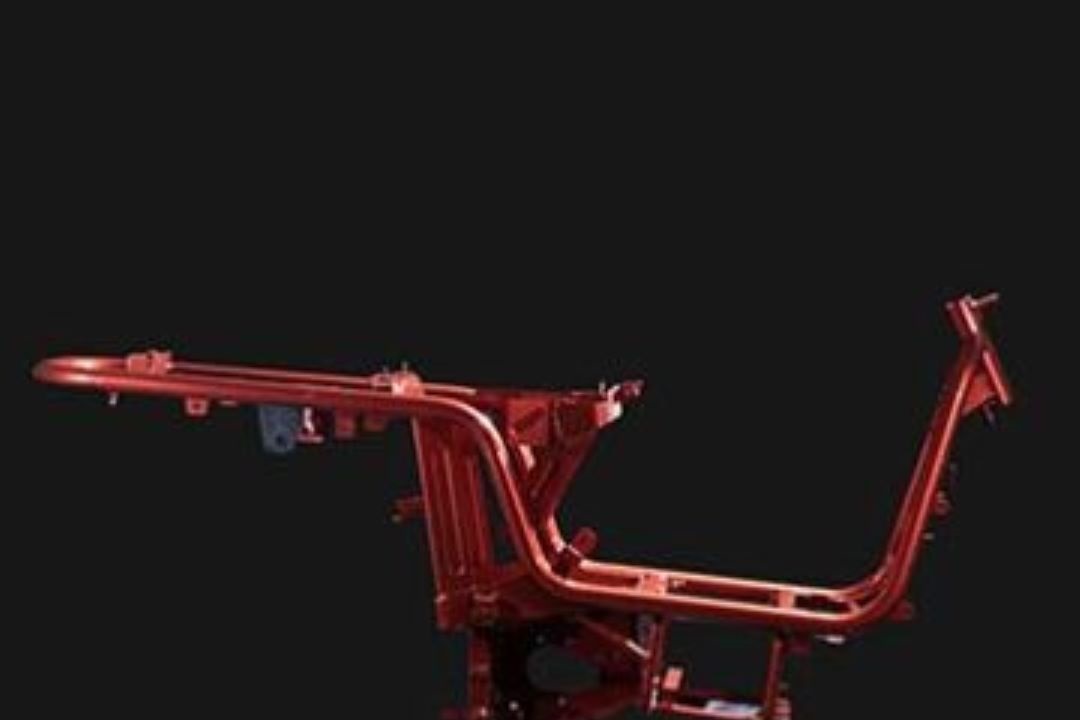Pune-based Kinetic Engineering Limited (KEL), known for its automotive components and vehicle manufacturing, is gearing up for the electric vehicle (EV) revolution in India. With electric vehicles gaining popularity, especially in the two-wheeler segment, KEL is not staying behind.
The company has allocated Rs 54 crore to establish a new subsidiary named Kinetic Watts & Volts. This subsidiary will focus on manufacturing essential EV components such as motors, axles, frames, controllers, and batteries. Kinetic Engineering aims to cater to both domestic and international markets, capitalizing on the growing demand for EV parts.

Ajinkya Firodia, Managing Director of Kinetic Engineering, emphasized the strategic importance of this move. He stated, “We are setting up Kinetic Watts & Volts with a capital of Rs 25 crore, where KEL will hold a controlling stake of 51%. This initiative underscores our commitment to innovation and adapting to market trends, leveraging our legacy in the automotive sector.”
The company plans to start with key products like EV axles, gearboxes, and chassis, with potential expansions based on market dynamics and opportunities. Firodia highlighted, “We are actively engaging with OEM customers to offer integrated solutions under the Watts & Volts brand. This includes e-motors, controllers, and batteries, catering to both large and small-scale EV manufacturers.”
In preparation for this venture, KEL is enhancing its manufacturing capabilities and adopting advanced technologies like automation and IoT. “We are focused on upskilling our workforce to harness these technologies effectively,” Firodia added.
With partnerships already secured with notable names such as Kinetic Green, Eblu, and E-Fill, and dedicated facilities for companies like Mahindra & Mahindra, Kinetic Engineering is positioning itself strategically in the evolving electric mobility market.
The company also aims to optimize its supply chain through diversified sourcing and IoT-driven predictive maintenance, ensuring efficiency and reliability across its operations. By embracing 3D printing, IoT, and AI for rapid prototyping and customer-centric solutions, KEL is poised to capture both domestic and international markets.
“This comprehensive approach will enable KEL to seize export opportunities while maintaining a robust presence in India,” concluded Firodia, outlining the company’s forward-looking strategy in the EV component sector.








